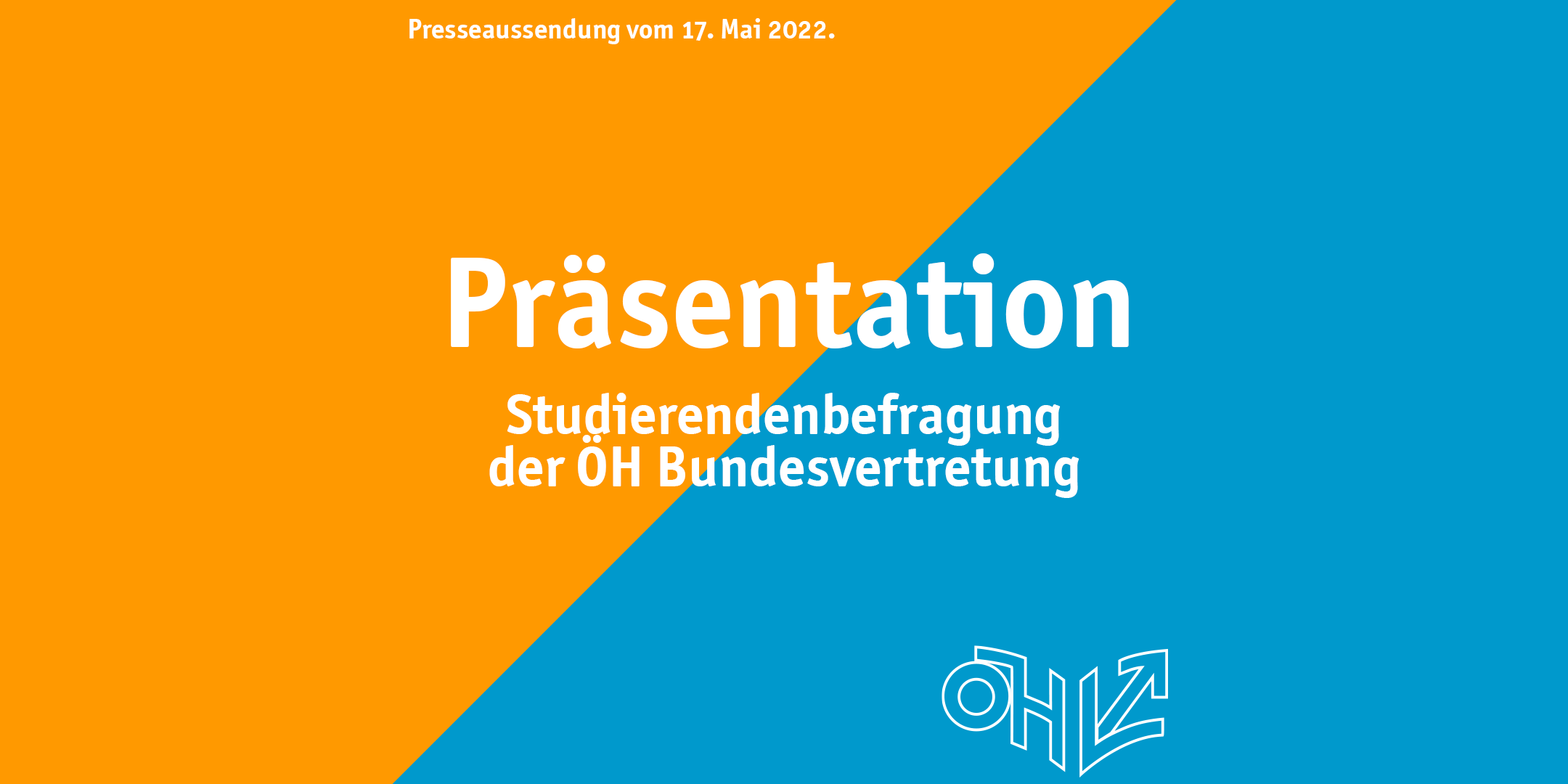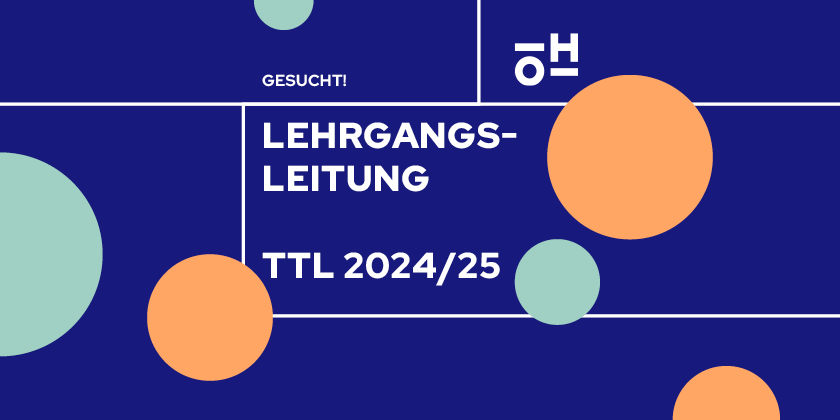Over 28,000 students participated in survey
The Austrian National Union of Students (ÖH) conducted a broad-based student survey with IFES in the spring and presented the results on Tuesday. The survey asked about various topics, including social security, climate, teaching under Corona and ÖH. A total of 28,101 students participated. Sara Velić from the ÖH chairmanship team introduces the background of the survey: “The low voter turnout at the last ÖH elections was a call to action for our coalition to make the ÖH more visible and to involve more students. We are pleased that we have already come closer to this goal and, with the largest ÖH survey in a long time, have a good basis for our future work as a representation of interests.”
The results of the survey show many of the ÖH’s earlier assumptions in black and white: for half of the working students, the compatibility of studies and job is a heavy or very heavy burden, and for almost half of the students who have to take care of their children, the compatibility with care obligations is also a burden. One-third of students say it is a heavy or very heavy burden to generally make ends meet financially. For Velić, these figures are alarming: “These are the consequences of a policy that has forgotten about the students for years! Now there is a chance to finally improve the realities of students’ lives with the amendment to the Student Support Act, but this still requires many changes in the draft, which we have already demanded several times.”
In the area of mobility and climate protection, the results are also a call to action for policymakers: Although 91% of students in the federal capital travel by public transport, in Carinthia, Lower Austria and Burgenland more than 60% of students rely on cars. For two-thirds, the main reason is poor public transport connections. 85% would like to see cheaper or free public transportation. “These figures show quite clearly that there is still a lot of catching up to do in transport policy and reinforce our demand for a drastic expansion and free public transport for all students without age limit!”, notes Keya Baier from the chair team.
The impact of the pandemic is still being felt by students: on average, the universities’ Corona management is rated a 2.8 (in school grades). The biggest problem is the ability to plan, where almost half are rather or not at all satisfied. However, for two-thirds, digital or hybrid teaching has improved their compatibility with jobs or caregiving responsibilities. Naima Gobara from the chair team summarizes the results: “The Corona pandemic was not easy for any of us, it intensified existing problems like a burning glass and turned many things upside down. However, we can learn many things from the pandemic, especially our call for permanent hybrid teaching makes life easier for many and is correspondingly well received by students.”





